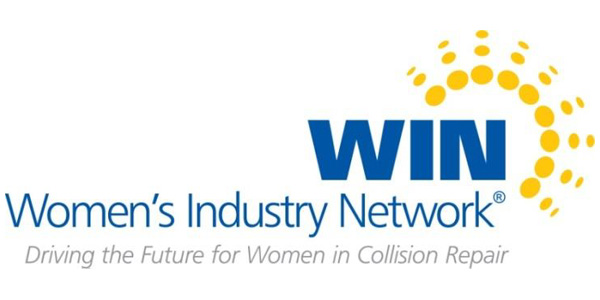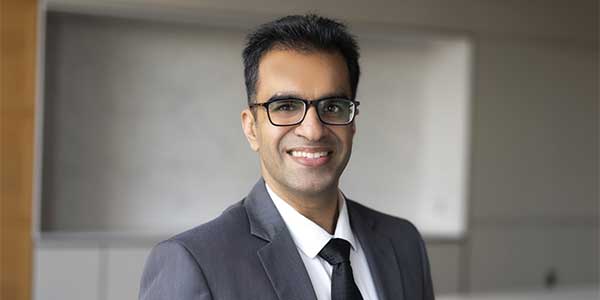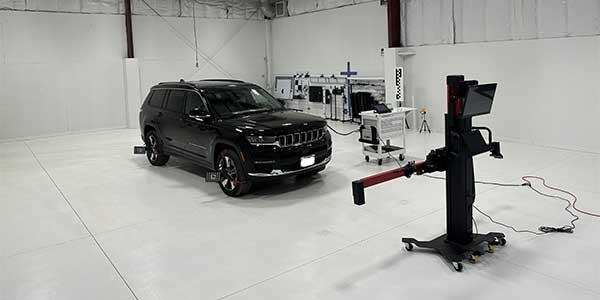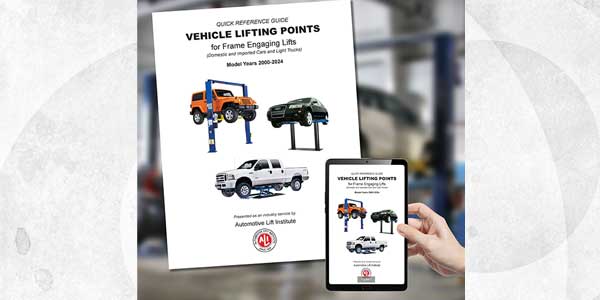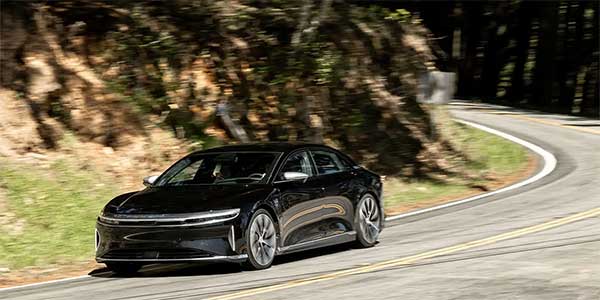
The National Transportation Safety Board (NTSB) has issued its preliminary report for the investigation of the fatal Tesla crash that killed one and injured another. The crash on March 23, 2018, occurred on U.S. Highway 101 in Mountain View, Calif.
The report said that performance data that was downloaded from the Tesla, a 2017 Model X P100D SUV, indicates the driver had been using traffic-aware cruise control and autosteer lane-keeping assistance, which are advanced driver assistance features that Tesla refers to as autopilot. Prior to the crash, Walter Huang, an engineer at Apple, was in the driver’s seat of the vehicle as it was approaching the state Highway 85 interchange, traveling south on U.S. Highway 101, in the second lane from the left — a high-occupancy-vehicle lane.
As the vehicle approached the paved divider between the main travel lane of U.S. Highway 101 from the state Highway 85 exit ramp, it moved to the left and entered the divider area at approximately 71 mph, striking a previously damaged, SCI smart cushion crash attenuator system. The speed limit for the roadway is 65 mph. The vehicle’s traffic-aware cruise control was set to 75 mph at the time of the crash, according to the report.
Following the inital impact of the Tesla, the vehicle was subsequently involved in collisions with a 2010 Mazda 3 and a 2017 Audi A4. During the crash, the Tesla’s 400-volt, lithium-ion, high-voltage battery was breached during the crash and a post-crash fire ensued. The Tesla’s driver was found belted in his seat, and bystanders removed him from the vehicle before it was engulfed in flames. The Tesla driver suffered fatal injuries, while the driver of the Mazda suffered minor injuries and the driver of the Audi was not injured.
A preliminary review of the Tesla’s recorded performance data showed:
- The Autopilot system was engaged on four separate occasions during the 32-minute trip, including continuous operation for the last 18 minutes and 55 seconds prior to the crash.
- In the 18 minutes and 55 seconds prior to impact, the Tesla provided two visual alerts and one auditory alert for the driver to place his hands on the steering wheel. The alerts were made more than 15 minutes before the crash.
- The driver’s hands were detected on the steering wheel for a total of 34 seconds, on three separate occasions, in the 60 seconds before impact. The vehicle did not detect the driver’s hands on the steering wheel in the six seconds before the crash.
- The Tesla was following a lead vehicle and traveling about 65 mph, eight seconds before the crash.
- While following a lead vehicle, the Tesla began a left steering movement, seven seconds before the crash.
- The Tesla was no longer following a lead vehicle four seconds before the crash.
- The Tesla’s speed increased — starting three seconds before impact and continuing until the crash — from 62 to 70.8 mph. There was no braking or evasive steering detected prior to impact.
Following the crash, the Mountain View Fire Department applied about 200 gallons of water and foam to extinguish the post-crash fire. The battery reignited five days after the crash in an impound lot and was extinguished by the San Mateo Fire Department.
On April 18, 2018, Tesla CEO Elon Musk told CBS news that the vehicle’s Autopilot was not the problem.
“The system worked as described, which is, it’s a hands-on system. It is not a self-driving system,” he told CBS.
Tesla warns drivers to remain alert and keep hands on the steering wheel while on Autopilot, and Tesla released data saying Walter Huang had his hands off the wheel for six seconds before the crash.
Huang’s family attorneys say that they believe Tesla’s Autopilot function is defective, according to CBS news.
“We believe that if this Autopilot had not been on, this accident would not have happened,” Huang family attorney Mark Fong told CBS.
Regardless of the comments made criticizing Tesla and it features, Musk stands by his statements.
“It’s important to emphasize it will never be perfect,” Musk said of the Autopilot feature to CBS. “Nothing in the real world is perfect. But I do think that long-term, it can reduce accidents by a factor of 10. So there are 10 fewer fatalities and tragedies and serious injuries, and that’s a really huge difference.”
Because Musk has continued to publicly release details about the crash, NTSB threatened to remove the company from the investigation. In response, Tesla said in a statement that they have chosen to withdraw from the agreement and issued a statement defending themselves against “misleading claims that had been made about Autopilot.”
The preliminary report is available online here. The NTSB’s investigation of the crash is ongoing. Major investigations and investigations of crashes involving fatalities are generally completed in 12 to 24 months.
The information contained in the report is preliminary and subject to change during the NTSB’s ongoing investigation. Preliminary reports, by their nature, do not contain analysis and do not discuss probable cause and as such, no conclusions about the cause of the crash should be drawn from the preliminary report.

